Insect net
₦265,000.00
10 people are viewing this product right now
🔥 9 items sold in last 3 hours
Buy more save more!
Buy from 5 to ∞ items and get 5% OFF
on each productInsect net commonly referred to as insect screens or mesh, is a versatile and invaluable tool designed to protect against the intrusion of insects while allowing airflow and natural light to pass through. This finely woven material acts as a barrier, effectively preventing insects such as mosquitoes, flies, bees, and other pests from entering indoor and outdoor spaces.
Benefits:
- Pest control: it acts as a barrier to keep out unwanted pests such as mosquitoes, flies, and other insects, reducing the need for chemical pesticides.
- Disease prevention: Keeping insects out, helps prevent the spread of diseases carried by insects such as malaria, dengue fever, and Zika virus.
- Crop protection: In agriculture, it protects crops from insect damage, leading to higher yields and better-quality produce.
- Reduced use of pesticides: With insect nets in place, farmers can reduce their reliance on chemical pesticides, resulting in lower environmental impact and healthier ecosystems.
- Improved air circulation: it allows for adequate air circulation, which is essential for plant growth and prevents the buildup of humidity and diseases in greenhouse environments.
- Protection from extreme weather: it also provides some protection from extreme weather conditions such as heavy rain, wind, and hail, which can damage crops.
- UV protection: Certain types of this offer UV protection, shielding plants from excessive sunlight and reducing the risk of sunburn and heat stress.
- Improved plant health: By keeping this organism away, it contributes to overall plant health by preventing insect-feeding damage, disease transmission, and stress.
- Extended growing season: it can extend the growing season by creating a microclimate that is more favorable for plant growth, allowing for earlier planting and later harvesting.
- Cost savings: In the long run, using this can result in cost savings for farmers by reducing the need for pesticides, minimizing crop losses due to pest damage, and improving overall crop quality.
Frequently Asked Questions About Insect Netting:
What is insect netting?
Insect netting, also known as insect screens or mesh, is a finely woven material that acts as a barrier against insects while allowing airflow and natural light to pass through.
What are the benefits of using insect netting?
- Pest control: Prevents unwanted insects like mosquitoes, flies, and bees from entering indoor and outdoor spaces, reducing the need for chemical pesticides.
- Disease prevention: Helps prevent the spread of insect-borne diseases like malaria, dengue fever, and Zika virus.
- Crop protection: Protects crops from insect damage, leading to higher yields and better quality produce.
- Reduced pesticide use: Allows farmers to rely less on chemical pesticides, promoting a healthier environment.
- Improved air circulation: Enables proper airflow, crucial for plant growth and preventing humidity buildup in greenhouses.
- Protection from weather: Provides some protection against extreme weather conditions like heavy rain, wind, and hail.
- UV protection: Certain types offer UV protection for plants, shielding them from excessive sunlight and heat stress.
- Improved plant health: Contributes to overall plant health by preventing insect feeding damage, disease transmission, and stress.
- Extended growing season: Can extend the growing season by creating a microclimate favorable for plant growth, allowing for earlier planting and later harvesting.
- Cost savings: In the long run, using insect netting can save money by reducing pesticide needs, minimizing crop losses, and improving overall crop quality.
Where can insect netting be used?
Insect netting can be used in various applications, including:
- Homes and gardens (doors, windows, patios)
- Greenhouses and agricultural fields
- Livestock enclosures
- Fish ponds
How does insect netting work?
The fine mesh size prevents insects from physically passing through, creating an effective barrier.
Only logged in customers who have purchased this product may leave a review.
Related products
BRUSH CUTTER
🔥 6 items sold in last 3 hours
₦272,068.00

![Weeder accessory for power tillers 1 <div class="w-full text-token-text-primary sm:AIPRM__conversation__response" data-testid="conversation-turn-6"> <div class="px-4 py-2 justify-center text-base md:gap-6 m-auto"> <div class="flex flex-1 text-base mx-auto gap-3 md:px-5 lg:px-1 xl:px-5 md:max-w-3xl lg:max-w-[40rem] xl:max-w-[48rem] group"> <div class="relative flex w-full flex-col agent-turn"> <div class="flex-col gap-1 md:gap-3"> <div class="flex flex-grow flex-col max-w-full"> <div class="min-h-[20px] text-message flex flex-col items-start gap-3 whitespace-pre-wrap break-words [.text-message+&]:mt-5 overflow-x-auto" data-message-author-role="assistant" data-message-id="e458fe60-ec41-4576-a619-f0cb71107400"> <div class="markdown prose w-full break-words dark:prose-invert light AIPRM__conversation__response"> </div> </div> </div> <div class="mt-1 flex justify-start gap-3 empty:hidden"> <div class="text-gray-400 flex self-end lg:self-center justify-center lg:justify-start mt-0 -ml-1 visible"> <div class="flex"></div> </div> </div> </div> </div> </div> </div> </div> <div class="w-full text-token-text-primary" data-testid="conversation-turn-7"> <div class="px-4 py-2 justify-center text-base md:gap-6 m-auto"> <div class="flex flex-1 text-base mx-auto gap-3 md:px-5 lg:px-1 xl:px-5 md:max-w-3xl lg:max-w-[40rem] xl:max-w-[48rem] group"> <div class="flex-shrink-0 flex flex-col relative items-end"> <div> <div class="pt-0.5"> <div class="gizmo-shadow-stroke flex h-6 w-6 items-center justify-center overflow-hidden rounded-full"></div> </div> </div> </div> </div> </div> </div> Weeder accessory for power tillers Weeder accessory for power tillers](https://farmpays.com/wp-content/uploads/2024/03/download_-_2024-03-20T113341.579-removebg-preview-100x100.png)
₦117,000.00

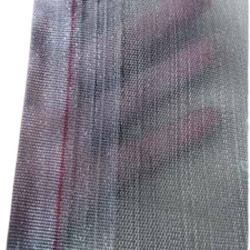
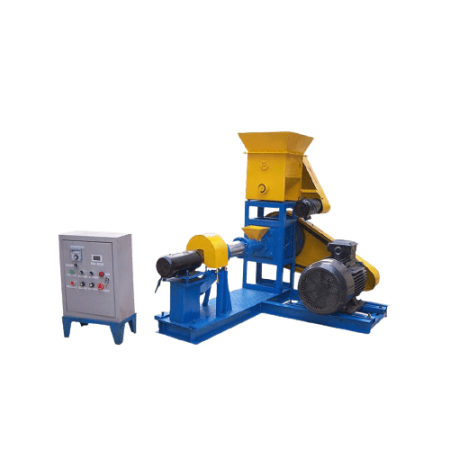

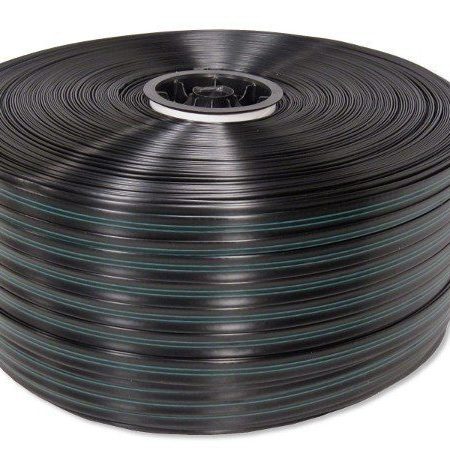
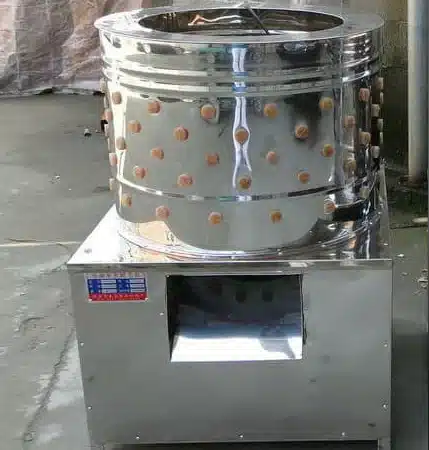
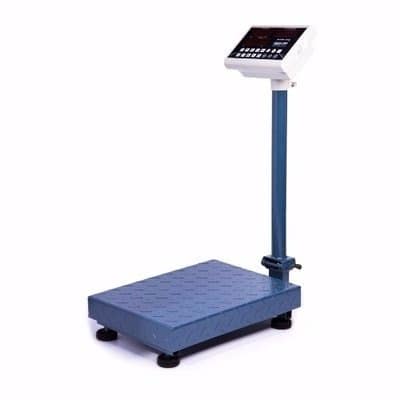

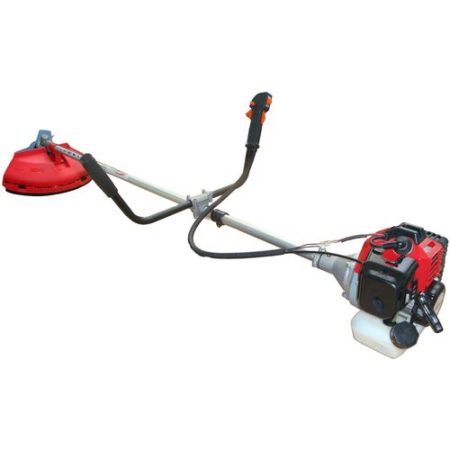
Reviews
There are no reviews yet.